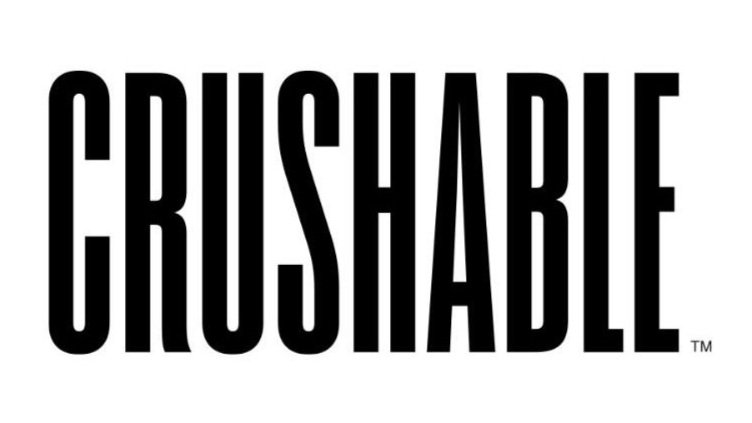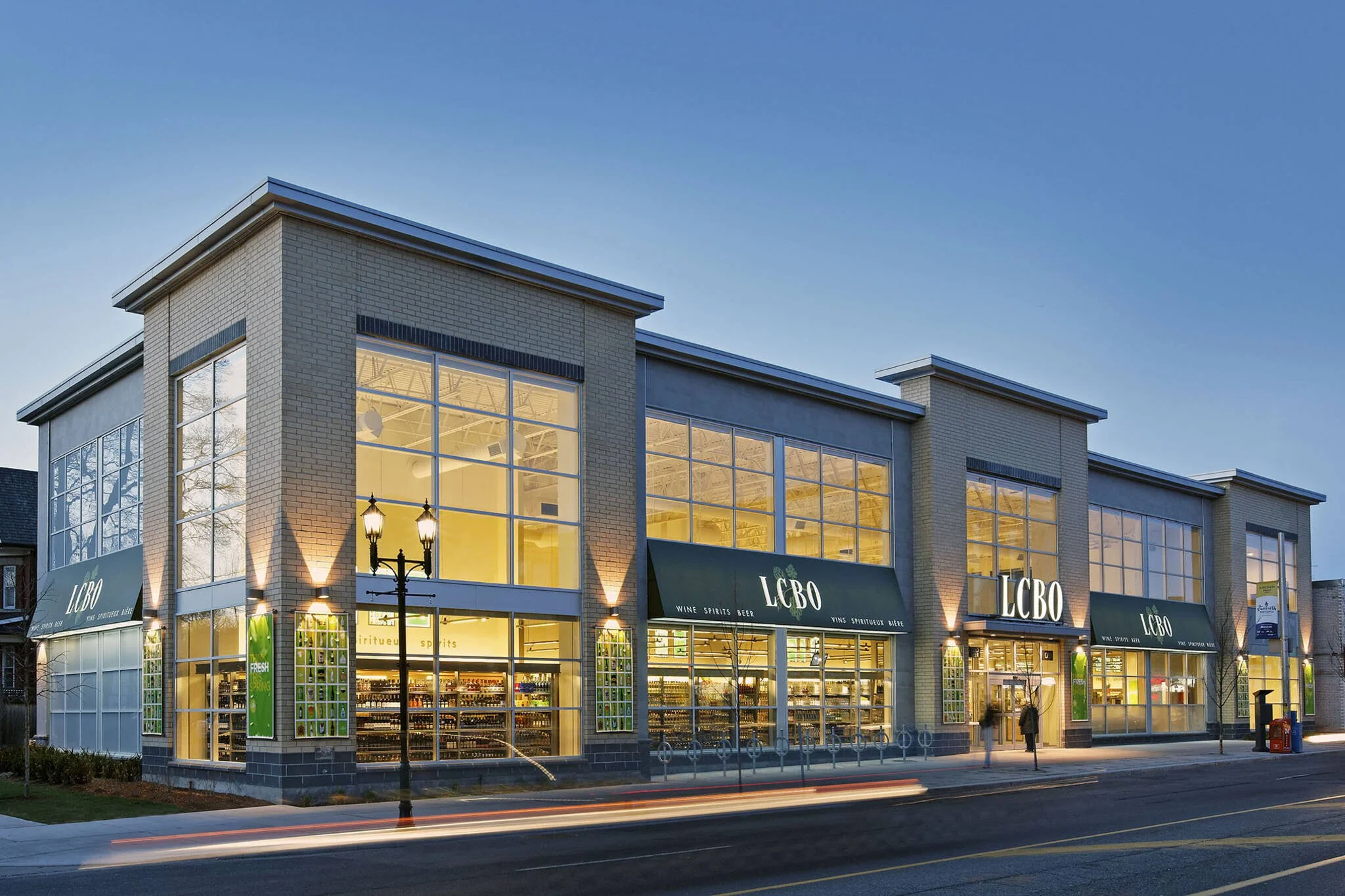Ontario continues to kill small business
Credit: BlogTO
In a turn of events that should surprise no one - the LCBO has implemented a new system that will have devastating effects on small businesses.
All importers have the option to submit products to the various tenders the LCBO has throughout the years (for products that will ultimately appear on LCBO shelves). Many small suppliers, however, simply don’t have the quantity to supply because they cannot compete on price, they may not have the critics scores that are a big part of the decision making process, or the marketing dollars to participate in the pay-to-play structure.
This is where the private order channel has benefitted many small importers. Private order enables agents to procure products in smaller quantities, so long as they have a licensee, restaurant or consumer to purchase it. This channel generally accounts for highly allocated or rare wines.
The new system will cap private orders at 200 cases of “flex space” above an agent's consignment threshold, with a deposit of $75 per case.
Imrporter Kari Macknight Dearborn of Drink Better explains, “You could theoretically have 1000 cases of private order wines on order - which allows you to grow your business in a way that consignment won’t. You get bigger and bigger consignment space as you grow as an agency but consignment growth is really limited to what the LCBO grants you. It is reviewed a couple of times a year, but growth is limited to how fast your orders arrive, move from the warehouse and you can re-order.
Private Ordering was a way to satisfy customer demand and bring in smaller, more allocated products. One of my large consignment orders took four months to get here with the current global shipping issues - that meant I couldn't order anything because my ordering power was tied up in waiting for wine to arrive - wine that I needed to sell in order to have the funds to grow my business on the Private Ordering side (since that requires a small deposit).
I was not able to grow this year at all as a result of shipping delays. Global shipping issues aren't the LCBO's fault, but is now really the time to rework everything when we are still working our way out of the economic impact of the pandemic?
If I want to use the new limited “flex space”, I now have to give the LCBO $75/case - basically in escrow - which won’t be refunded to me until I say I don’t want to use that space anymore. Now you have to have $15,000 taken out of your business just to have that space at your disposal. That disproportionately favours large agencies.”
This will also decrease choice for consumers and will make the hospitality sector less competitive with other jurisdictions like New York, Quebec and BC.
Ben Hardy, importer Vintage Selector, echoes Macknight Dearborn's sentiments, “It's certainly very bad for my business, and unlike many of the other changes being implemented, I can't see how this actually makes money for the LCBO or benefits anyone really. In fact, it will actually cost the LCBO and the provincial treasury a huge amount of potential revenue. By placing a hard cap on ordering, my agency (and the LCBO and provincial treasury) will lose hundreds of thousands of dollars in potential sales over the next year alone. I'm sure it must be millions of dollars potentially in the aggregate.”
Other sources (who wished to remain anonymous) share that certain groups are looking to hire a lobbyist to ensure the Ministry of Finance understands the implications of what is happening.
So long as the LCBO continues to keep moving the goalposts, will small business continue to pay the price - “death by a thousand cuts” - so to speak. Layering on top of these issues is a pandemic, and small business has already suffered long enough.
Ultimately, the LCBO embodies an entity with rules that mostly don’t make sense, and seem arbitrarily enforced.

